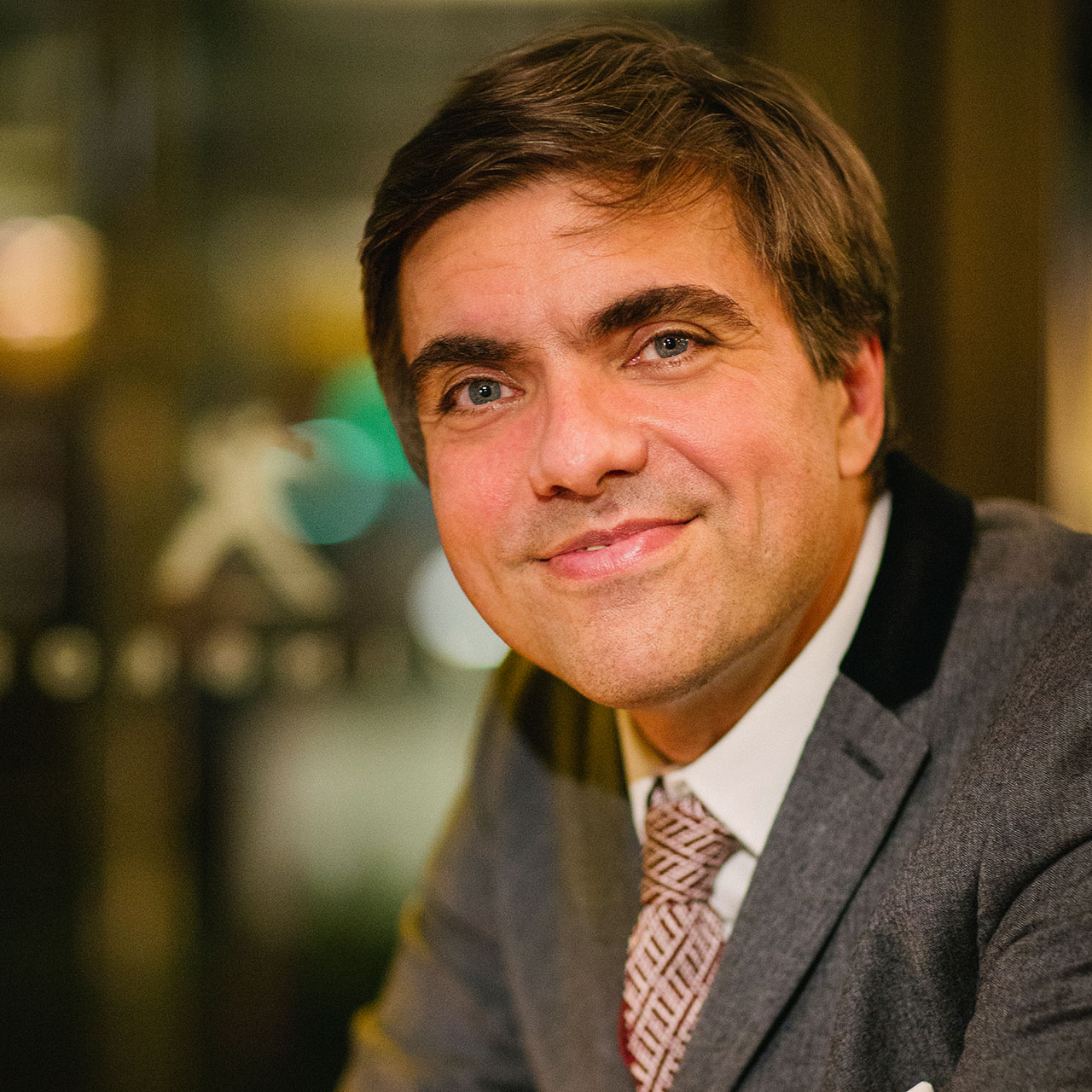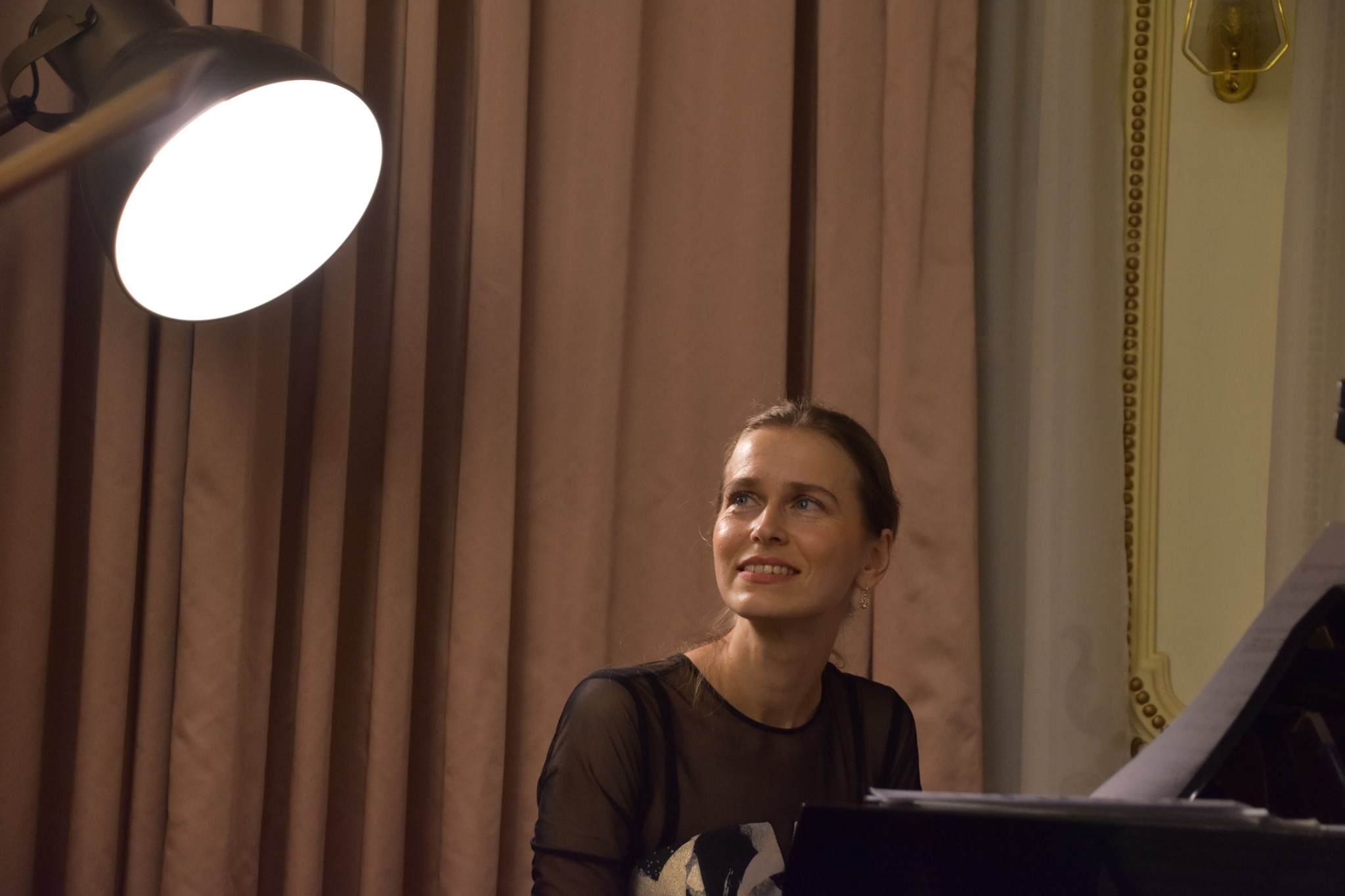About
Moritz Eggert (*1965, Heidelberg) is considered as one of the most versatile and adventurous voices in contemporary music.
From his very beginnings he worked in all musical genres – his catalogue of works, which now contains more than 275 pieces, includes 16 full-length operas, various ballets and works for dance and music theatre, orchestral music, chamber and ensemble music, vocal and choral music (with a strong focus on song), church music, experimental and electronic music, instrumental concerts, music for children and young people, film and radio music, as well as radio plays and open-air performances.
In addition to his work as a composer, he regularly writes for the "Bad Blog of Musick", the most widely read blog for contemporary music in Germany, for which he writes much-discussed satirical and provocative articles on a wide range of topics on contemporary culture and cultural policy. He is regarded as an advocate of a necessary change in New Music and is considered a critic of the close mindedness and snobby attitudes sometimes found in the classical world. This also makes him a passionate supporter of the younger generation of composers, which he also supports as professor of composition at the Munich University of Music and Drama (since 2010).
Foto © Susanne Diesner Moritz Eggert's music is performed worldwide, especially his cycle for piano solo "Hämmerklavier", which is one of the most frequently performed piano works of the present.

